The ICT industry contributes between 5% and 6% of GDP, with telecommunications firms accounting for about half of that figure. However, technical advancements, along with the strong political will and economic imperatives, are propelling Information Technology in Morocco beyond the telecom subsector. Incorporating digital solutions into company operations is not a choice; it is vital to maintain Moroccan businesses at the cutting edge of regional and worldwide standards.
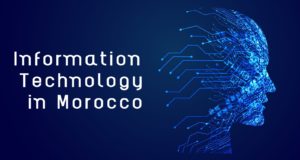
1- Major Aspects of Information Technology in Morocco:
The development of digital solutions has received encouragement from authorities at different levels, mirroring larger worldwide trends. Also, revised legislation has contributed to infrastructural improvements. Also, Digital Morocco 2020 (Maroc Digital 2020) is aiding the adoption. It is a national development plan approved in 2016 to complement the accomplishments of Numeric Morocco 2013 (Maroc Numéric 2013). It was enacted in 2008. Also, the agency’s missions include closing the digital gap between urban and rural areas. It is transitioning from e-government to digital government and encouraging business process digitalization.
2- Performance:
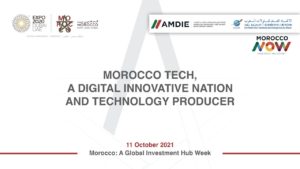
Vivendi, headquartered in Paris, bought 53 % of Maroc Telecom for a total of MAD45.4 billion ($4.7 billion). Also, a 0.2 % of Vivendi shares in three consecutive share purchases from 2001 to 2007. In 2014, the government listed 14.5 % of its shares on the Paris and Casablanca stock markets.
The Moroccan government sold a total of 6% of shares were to local institutional players for MAD125 ($13.02) per share. Also, the Moroccan government promptly sold another 2% of those shares in a public offering on the Casablanca Stock Exchange, leaving it with 22% ownership. This shift in shareholding structure occurred the same year when Maroc Telecom expanded its worldwide footprint to encompass 10 African nations after the purchase of Tigo Chad by Group Milinet. With 19.3 million subscribers, Maroc Telecom will be the country’s biggest telecommunications operator in 2019.
Orange Maroc, with 16.5 million subscribers, is the market’s second-largest participant. Orange, the French telecommunications provider, paid €640 million for a 40% interest in the business a year later. It was followed by a second share purchase in 2015. It was making it the dominant stakeholder with a 49 % stake. Also, it was leaving FinanceCom and CDG with a 25.5 % part each. Orange Morocco contributed 10% of the group’s MENA revenue in 2019.
Inwi, the industry’s third-largest operator, joined the market in 2009. Société Nationale d’Investissement, a royal holding firm, controls 69 %. With 11.7 million users as of the third quarter of 2019, Inwi has an estimated 39% market share.
3- Mobile:

According to figures from the first quarter of 2019, Moroccan mobile subscribers numbered 44.73 million. 127 % of the population has access to mobile phones. In the first quarter of 2019, pre-paid plans accounted for more than nine in ten subscribers, while postpaid plans increased by 20% year on year. The number of mobile subscribers controlled by Maroc Telecom was 43 %, while those controlled by Orange and Inwi were 35 and 22 %. In 2012, the three operators controlled 47 %, 30 %, and 23 % of the market, respectively. So, all of these factors are useful for growing Information Technology in Morocco.
4 – Data:
Despite the seeming saturation of the market, telecom operators have been able to boost their income by expanding customer data usage. In the first quarter of 2019, two out of every three Moroccans have an internet connection. Also, it indicates a 9.32 % rise year on year to 23.1 million users. Likewise, this growth is mostly attributable to the increasing usage of mobile internet. Also, it was accounted for a remarkable 93 % of internet connections over the same time period.
According to Huawei’s 2019 Global Connectivity Index, LTE is currently accessible across 60% of the nation, after the introduction of 4G in 2014. As of 2019, Maroc Telecom controlled half of the mobile internet market. But Wana Corporate and MediTel controlled slightly more than a quarter and a fifth, respectively. Orange Maroc announced a MAD1.2 billion per year commitment to improving its 4G and optical fiber infrastructure in 2019. Meanwhile, Maroc Telecom intends to spend MAD10 billion in infrastructure in 2019-21, totaling MAD68 billion, while Inwi is working to build 5G.
With the diversification of online content and the decrease in costs, the proportion of Moroccans who possess a smartphone increased to 80% in 2019.
5 – Internet Access At Home:

The ranking emphasizes the importance of Information Technology in Morocco. It is focusing its efforts on the creation of more strong infrastructure, the provision of more systematic training, and the promotion of digitization in the private sector.
Nonetheless, it recognizes the successful efforts undertaken by the government to reduce expenses and increase Information Technology in Morocco usage. The importance of robust Information Technology in Morocco for the economy is recognizing by both the governmental and commercial sectors. Morocco must decrease its digital divide via a defined regionalization strategy in order to achieve its goal of ranking among the top 50 in the World Bank‘s “Doing Business” report.
The country’s 10-year broadband plan, put in place in 2012, seeks to link the whole population to the internet by 2022. Part of the proposal requires telecom providers to invest 2% of their income in developing the network in economically unviable areas. However, 60% of families own a computer or tablet. There is a substantial technical rural-urban gap, with ownership rates in rural regions at 36% that is less than 72% in urban areas.
6 – A Rapid Growth:
In the third quarter of 2019, there were 107,000 fiber-to-the-home connections, a 65 % rise compared to the same period of 2018. Market participants recognize the value of pooling telecom infrastructure in the development of nationwide high-speed internet. Law No. 121-12, enacted in February 2019, recognizes fiber internet as a universal service. Also, it reaffirms an earlier need for operators to submit a technical offer for infrastructure sharing.
To that aim, Orange announced in 2019 a four-year plan to link 1 million homes to the network. In addition, in April 2019, it inked an agreement with the Office of Vocational Training and Work Promotion (Office de la Formation Professionnelle et de la Promotion du Travail, OFPPT) to create a curriculum for job training programs.
Also, as of January 2020, about 180,000 families will be able to participate in the program. The private sector is unanimous in its recognition of the need to develop a competent workforce in parallel with the adoption of new technology. Also, to stay competitive, the nation must make substantial investments in human resources. Plans for 5G are presently being developed, and a greater emphasis on security will be required in the future.
7 – E-Gov:
The government has been stepping up efforts to adopt digital solutions, having pioneered the use of Information Technology in Morocco in everyday operations. By 2020, more than 80% of Ministry of Interior activities and all PortNet services were digitizing rapidly. They virtually are all Moroccan port operations for international commerce were on computers from 2019. In the “Doing Business” report, the country’s judicial system also witnessed advances. There are new laws and processes encouraging openness that are implementing.
Similarly, the ADD is striving to increase platform interoperability among government organizations, which will boost inter-institutional collaboration. In 2019, the agency proposed legislation to integrate digital administration across several public sector organizations. The goal of this legislation is to more effectively deliver government services to the end-user.
8 – Online Payments & E-Commerce:
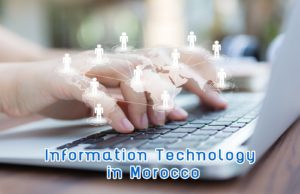
Online businesses are also benefiting from current technological advancements. As of 2019, there were approximately 1000 active e-commerce shops in Monetic Interbank Centre, and 500 new ones began operating in 2019. Online shopping, is gradually gaining popularity in the country. The industry must overcome cultural obstacles to achieve more sustainable development since Moroccans prefer cash; in 2019, 90 % of online transactions were paid with cash on arrival.
The use of mobile wallets has yet to acquire traction. Since their legalization in 2015, only around 360,000 e-wallets have been in practice, according to the central bank. This may fall short of the aspirations of the private sector. A total of 1.5 billion transactions from over 6 million users are anticipated by 2024.
Some businesses see mobile payments as a traceability tool rather than a helpful financial product. In the second half of 2019, Inwi launched Inwi Money, the first telecommunications provider in the kingdom to take part in the new sector. It also signed an agreement with Marjane. The kingdom’s biggest retail shop network, to begin accepting mobile money payments at all Marjane locations in January 2020.
More than one out of five Moroccans made an online purchase in 2018, representing 14.2 % of internet users nationwide. This amounted to a 6.2 % rise from 2015. According to the CMI, e-commerce saw steady growth in 2019. It is done with a 13 % year-on-year rise in volume and a 42.8 % increase in value. It totals MAD2.3 billion ($240 million) during the first half of the year. However, Morocco ranks 95th out of 152 nations in the 2019 UN B2C E-Commerce Development Index. The proportion of the financially involved population remains low, at 29 %, far below the global average (40 %) and the continent average (60 %).
9 – Artificial Intelligence (AI):
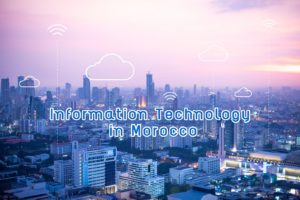
Disruptive technologies are becoming a cornerstone of economic growth and corporate efficiency. So, the kingdom is stepping up efforts to alter local players’ perceptions about artificial intelligence (AI). The monarchy invested about $7 million in AI-related projects between 2008 and 2018. It was based on research conducted by Microsoft and EY on the prospects for AI growth in the Middle East and Africa.
In contrast, the top AI nations in the area, Turkey and the UAE invested $3.46 billion and $2.15 billion in 252 and 160 deals, respectively. MENFPESRS, in collaboration with the ADD, established a program named Al Kharizmi. It is the Arabic root for an algorithm to boost kingdom-wide AI investment and initiatives.
10 – Technoparks:
The MITC has been a major supporter of entrepreneurial development within the industry. So, technoparks may be thought of as a kind of ecosystem. This ecosystem works to bridge the gap between creative Moroccan tech start-ups and the larger corporate community. According to MITC statistics (as of January 2020), there are around 1200 start-ups that are registering with it. In it, 300 of them are based in Casablanca, Rabat, and Tangier. In June 2020, a fourth facility was scheduled to open in Agadir.
The MITC seeks to promote open innovation and provide a suitable start-up environment in addition to conventional incubation services. The MITC has collaborated with IBM and Happy Ventures. It is a consultancy and strategy firm. Also, its work is to develop Tech-Innov to grow Information Technology in Morocco. It is a platform that allows public-private collaborations on an open-source approach to assist creative start-ups in addressing public problems. Also, in early 2020, Tech-Innov collaborated with eco-city Zenata to assist local start-ups in developing and implementing tech-enabled, eco-responsible projects. Other instances of MITC cooperation include a three-year relationship with (Réseau Entreprendre Maroc). It is funding start-up development programs and a partnership with Microsoft, which ended in 2018. It was focused on virtual reality, the internet of things, and artificial intelligence.
11 – Finance for Development:

Financing is a significant barrier for digital start-ups. Traditional banks are unwilling to invest in seed companies because the risks are big. Alternative solutions must be developed in order for our creative start-ups to flourish. To that aim, the MITC created the Morocco Numeric Fund in 2010, via its subsidiary MITC Capital, as a MAD100 million ($10.4 million) initial investment fund. A second phase, funded with an additional MAD200 million ($20.8 million), was launched in 2018 in collaboration with the Moroccan government and commercial lenders. As part of its development fund platform, Core Development Group has established 212 Founders. It is an investment fund with $312,000 in cash and MAD700 million in cash for seed investments and growth investments. The purpose of these fundings is to improve Information Technology in Morocco.
12 – Outlook:
Greater promotion and acceptance of digital solutions have the potential to expand the kingdom’s ICT sector’s backbone beyond telecoms. Improved and updated training programs will be critical. They will alter people’s perceptions of the advantages of technology, as well as equipping today’s and tomorrow’s workforce to meet contemporary problems—the kingdom’s legislative framework going in the right direction. So, Information Technology in Morocco’s advances will continue to transcend national differences and solidify Morocco’s status as one of the African continent’s most significant actors.
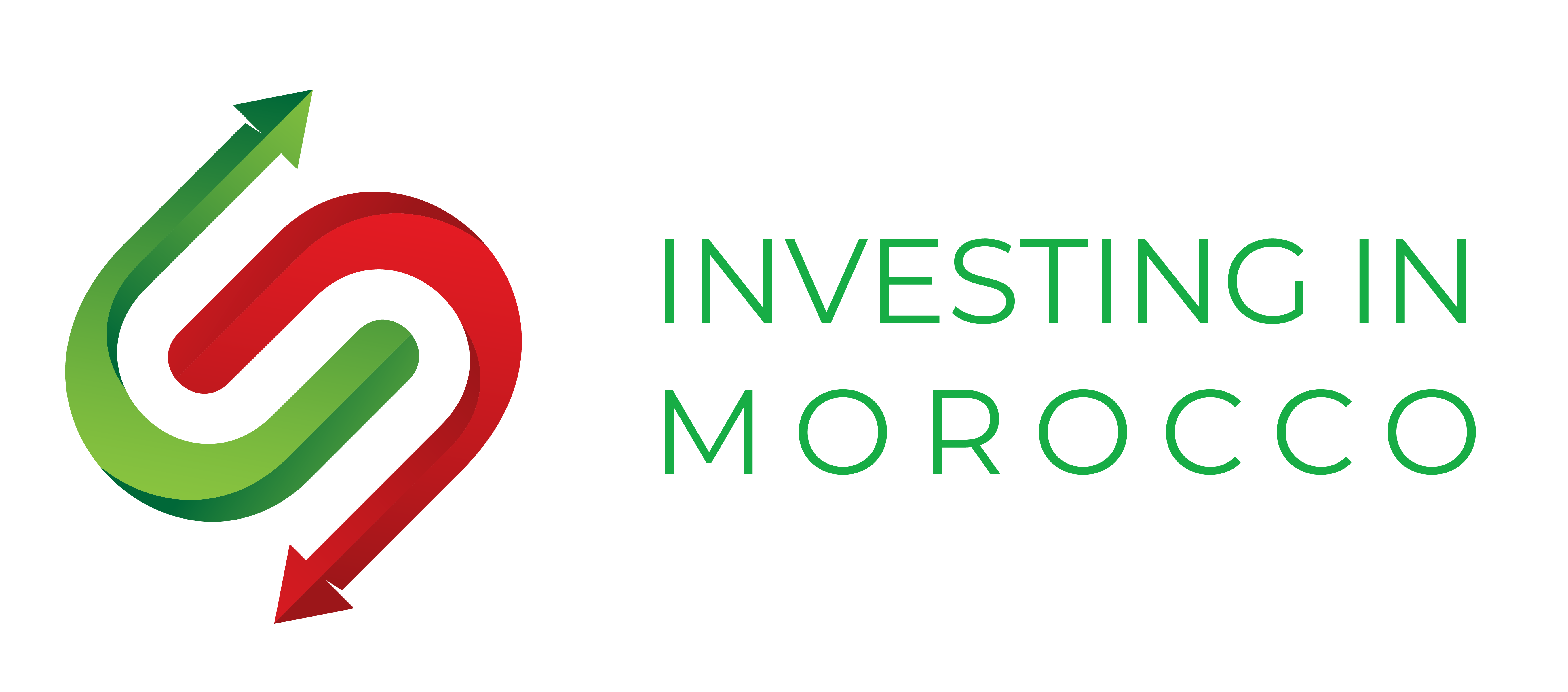
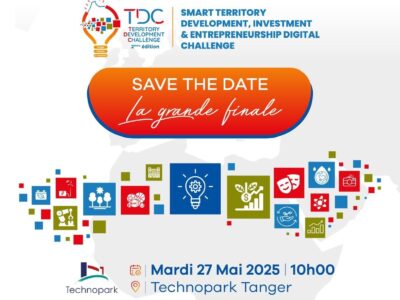
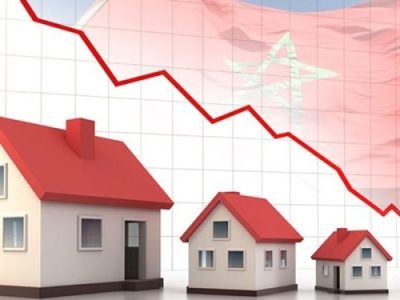
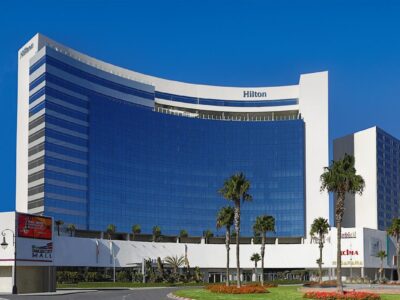
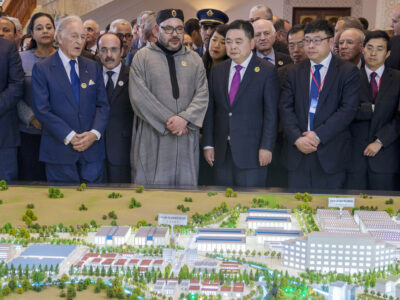
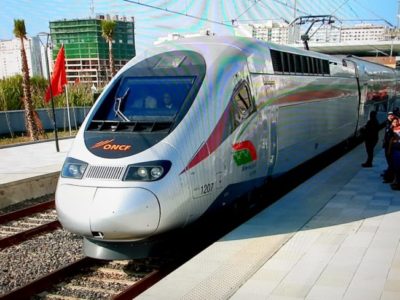
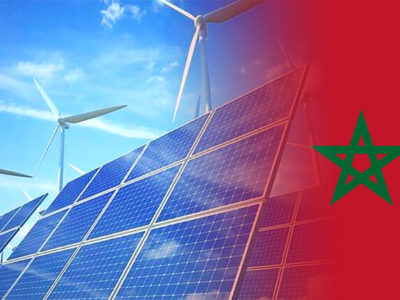
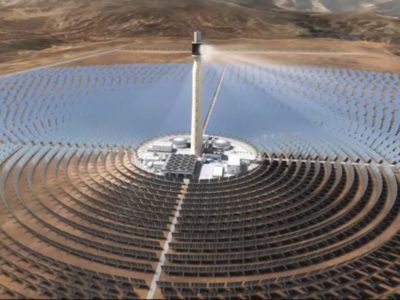

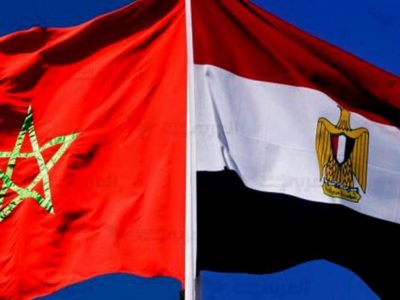
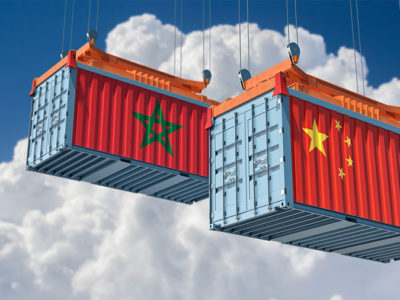
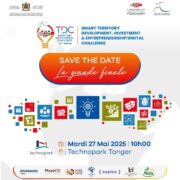
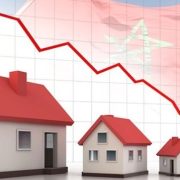
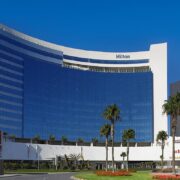
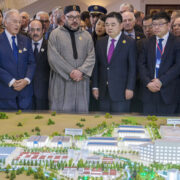
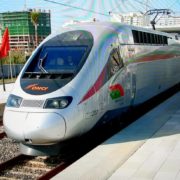


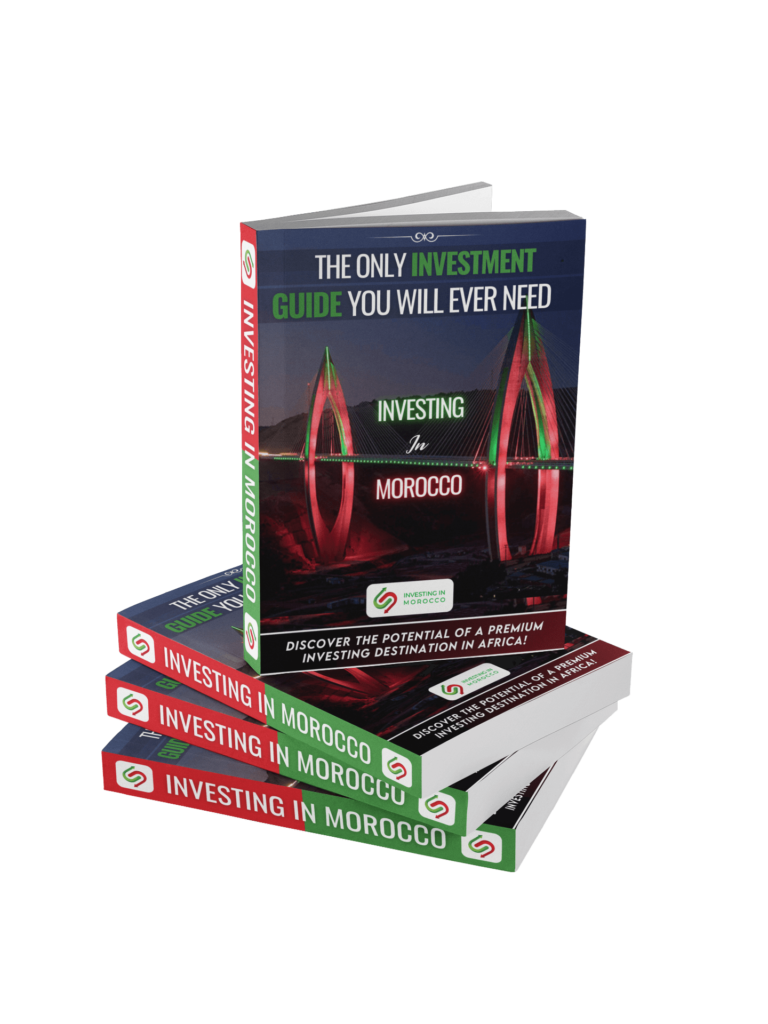
Comments